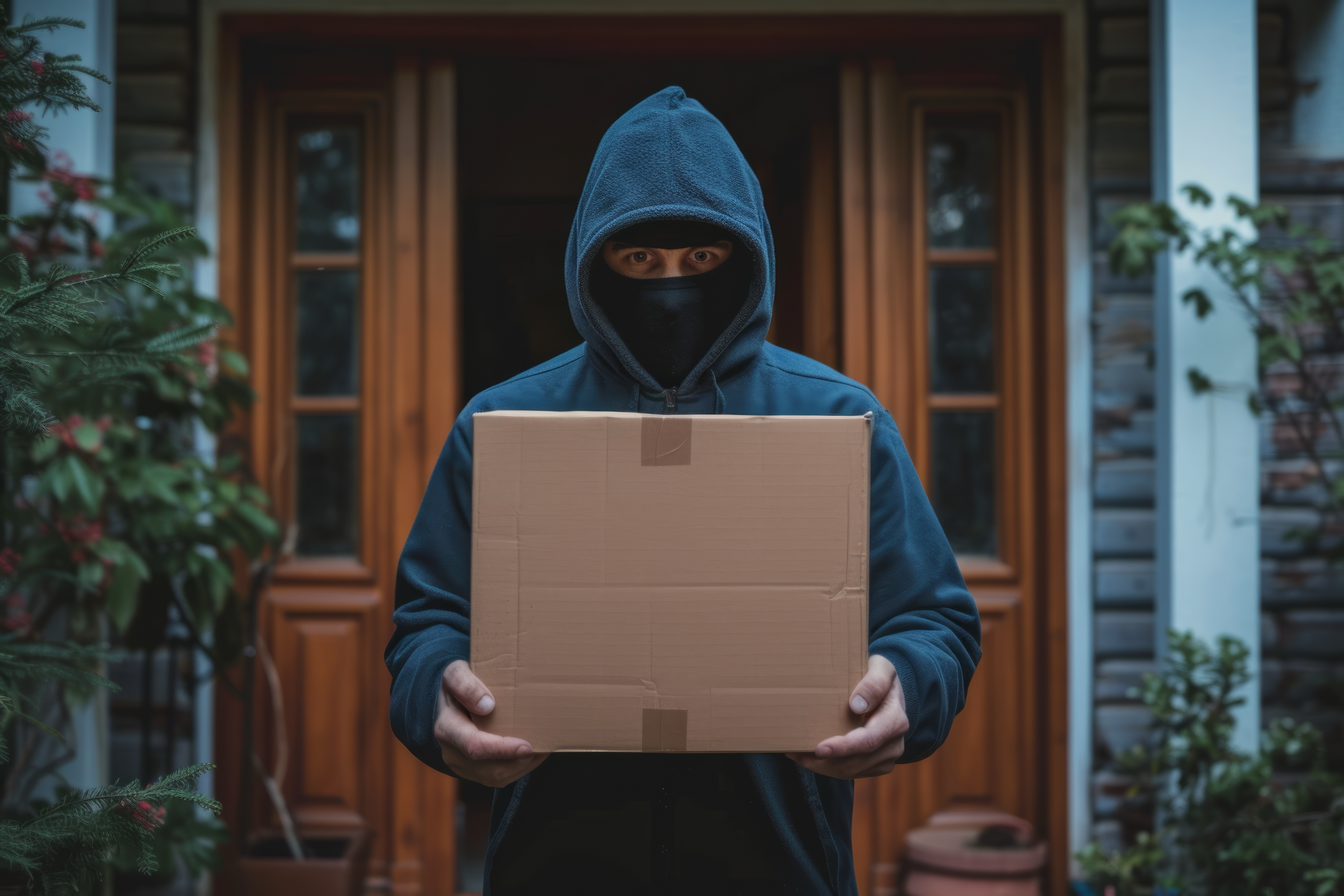
Relocating to a new home or city is exciting, but the process of moving can also be stressful. Unfortunately, some dishonest movers take advantage of people during this vulnerable time. Relocation scams are becoming increasingly common, leaving families with lost money, damaged belongings, or even stolen goods. The good news is that with a little awareness, you can identify fraudulent movers and ensure a safe relocation.
In this guide, we’ll break down how to spot scam moving companies, the common red flags to look out for, and practical relocation safety tips that will help you avoid falling victim to fraudulent movers.
Why Relocation Scams Happen
The moving industry is huge and often unregulated in certain regions, making it easier for fake moving companies to operate. These companies prey on people’s urgency and lack of research. They might offer unbelievably low quotes, demand upfront payments, or disappear once they have your belongings.
Knowing how relocation fraud works is the first step to avoiding it.
Common Types of Moving Scams

- Bait-and-Switch Quotes
Movers offer a very low estimate to win your trust. Once your belongings are loaded, they increase the price with hidden fees and refuse to deliver until you pay. - Hostage Scams
In this case, scam moving companies hold your goods hostage until you pay an inflated amount. - Fake Moving Companies
Fraudulent movers may create flashy websites, but they lack a physical office, licensing, or even a proper customer service number. - Deposit Fraud
Some relocation scams involve demanding large upfront deposits, only for the movers to vanish before the moving day.
How to Identify Fraudulent Movers

Here are some clear signs of a moving scam you should watch out for:
- Unrealistically Low Prices: If the estimate sounds too good to be true, it probably is.
- No Physical Address: Trustworthy moving companies usually have a verifiable office location.
- Lack of Licensing: Always check if the movers are licensed and registered with the relevant authorities.
- No Written Contract: Scam moving companies may avoid providing paperwork to escape accountability.
- Poor Online Reputation: Check moving company reviews. Consistent complaints about lost items, hidden charges, or unprofessional behaviour are red flags.
- Cash-Only Payments: Movers who insist on cash payments without receipts or invoices are a red flag. Always opt for verifiable payment methods and get a written receipt.
- High-Pressure Urgency Tactics: Scammers often push clients with “limited slots” or “offer ends today” to force hasty decisions. Take your time to research and verify before committing.
Legal and Regulatory Checks You Shouldn’t Skip
One of the best ways to avoid relocation fraud is by verifying whether a mover is legally registered. Many countries provide online databases to check licences:
- United States: The Federal Motor Carrier Safety Administration (FMCSA) has a searchable database of licensed movers.
- India: You can verify GST registration, trade licence, and transport permits of moving companies.
- Europe and the Middle East: Many countries require movers to have a local transport licence or registration with a trade authority.
Always ask for the mover’s licence number and cross-check it on government portals. A genuine moving company will never hesitate to share its credentials.
A Step-by-Step Process to Hiring Safe Movers
Finding a reliable relocation partner doesn’t have to be stressful. Follow this simple process:
- Shortlist at least three movers after researching online and asking for referrals.
- Verify licences and registrations with official databases or government portals.
- Request written estimates and compare not just prices but also services included.
- Request a Survey Before Quotes: Reliable movers conduct either an in-person or virtual survey of your belongings before giving a quote. This ensures accurate pricing and avoids unexpected costs on moving day.
- Visit their office if possible to confirm they have a physical presence.
- Consider Insurance for Your Belongings: Always ask if the moving company provides insurance coverage for your goods in transit. This safeguards you against accidental damage, loss, or theft. Ensure you understand the policy limits and claims process before finalising the move.
- Ask about insurance coverage to safeguard your belongings.
- Check customer reviews and complaints across trusted platforms.
- Finalise only after clarity on timelines, costs, and liability.
- Ensure Proper Documentation: Always get a bill of lading and an itemised inventory list. This protects you by clearly documenting what is being moved, helping with accountability in case of loss or damage.
- Ask for a Dedicated Contact: Reliable moving companies assign a dedicated representative to manage your move. This ensures clear communication and accountability throughout the process.
- Check International Move Requirements: For cross-border relocations, verify that the movers handle customs clearance and comply with all legal requirements. This avoids unexpected delays or fines.
Trusted Movers vs Scam Movers
| Trusted Movers | Scam Movers |
| Provide written contracts with detailed estimates | Avoid paperwork and only give verbal promises |
| Registered and licensed with government authorities | No verifiable licences or office address |
| Clear breakdown of charges, no hidden fees | Bait-and-switch pricing, hidden charges later |
| Positive reviews and customer references | Consistent complaints or no reviews at all |
| Offer insurance for goods in transit | Refuse to discuss insurance or liability |
Hidden Charges: A Common Red Flag
Many fraudulent movers trick customers with low initial quotes, only to inflate costs later with “hidden charges.” These may include:
- Fees for stairs or long-carry services
- Packing material costs were not disclosed earlier
- Additional fuel charges
- Overnight or storage fees
Tip: Always ask for a transparent breakdown of costs in writing. Trustworthy moving companies provide an itemised estimate upfront and stick to it.
Do’s and Don’ts of Choosing Movers
Do’s
- Do get written contracts with clear estimates.
- Do check licences, insurance, and office addresses.
- Do compare services, not just prices.
- Do read multiple moving company reviews before finalising.
- Do request a dedicated contact person for your move.
Don’ts
- Don’t trust movers who refuse paperwork.
- Don’t pay large deposits upfront.
- Don’t ignore red flags like vague answers or no verifiable registration.
- Don’t rely only on flashy websites without verifying authenticity.
- Don’t pay cash-only movers.
Frequently Asked Questions (FAQs)
1. How do I report a fraudulent moving company?
You can file a complaint with consumer protection agencies or government transport authorities. In many regions, there are online portals to lodge relocation fraud cases.
2. What should I do if movers damage my goods?
If the movers are licensed, they should provide insurance coverage. Document the damage with photos and receipts, and file a claim immediately.
3. Are online-only moving companies safe?
Not always. While some digital-first movers are legitimate, always verify their licences, office address, and customer reviews before hiring.
4. Can I trust movers who only ask for cash?
Cash-only payments are a red flag. Legitimate movers provide receipts, invoices, and multiple payment options.
Move Safely, Stress Less
Relocation scams can turn a new chapter in life into a nightmare. However, by learning how to identify fraudulent movers and following safe relocation practices, you can enjoy a smooth and stress-free moving experience. Always do your research, trust your instincts, and work only with trustworthy moving companies.
If you’re looking for licensed, reliable, and experienced professionals, explore Interem Relocations. Their team specialises in secure and seamless moving services, ensuring your belongings are always in safe hands.

